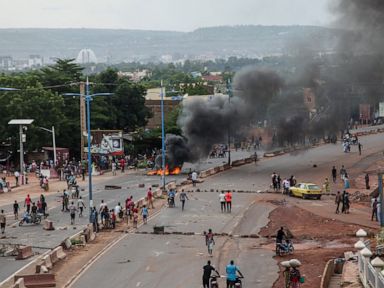
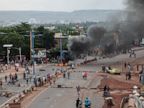

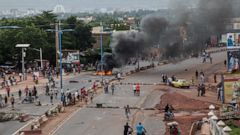
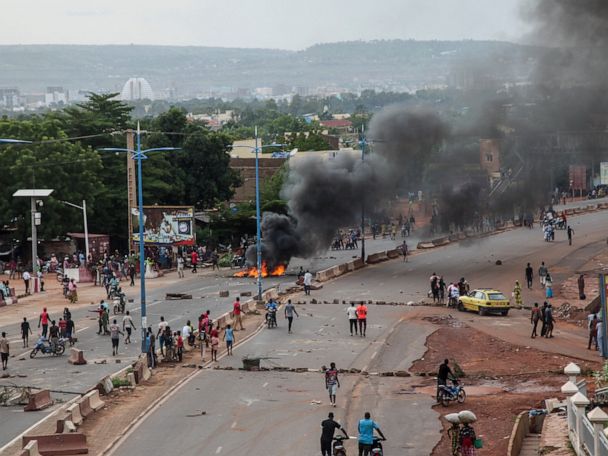
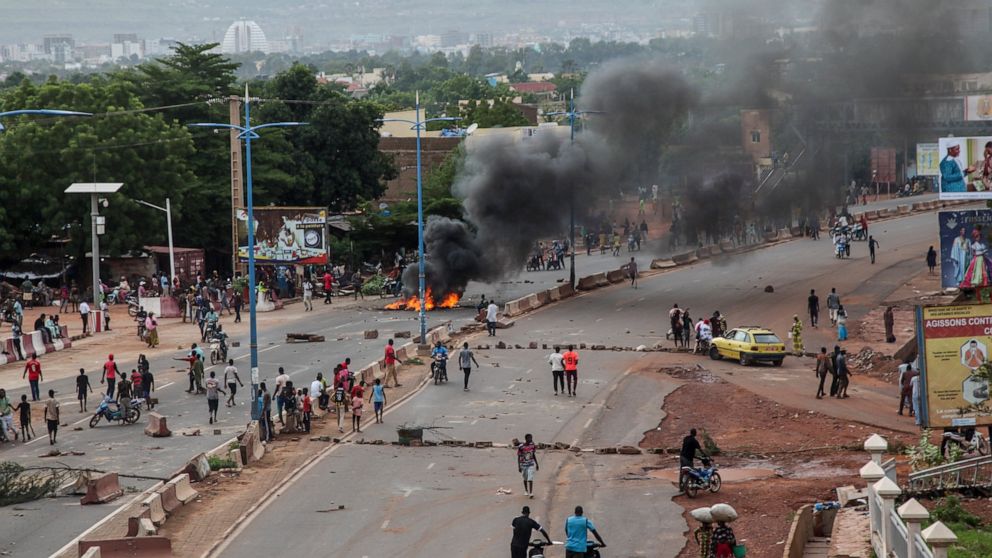
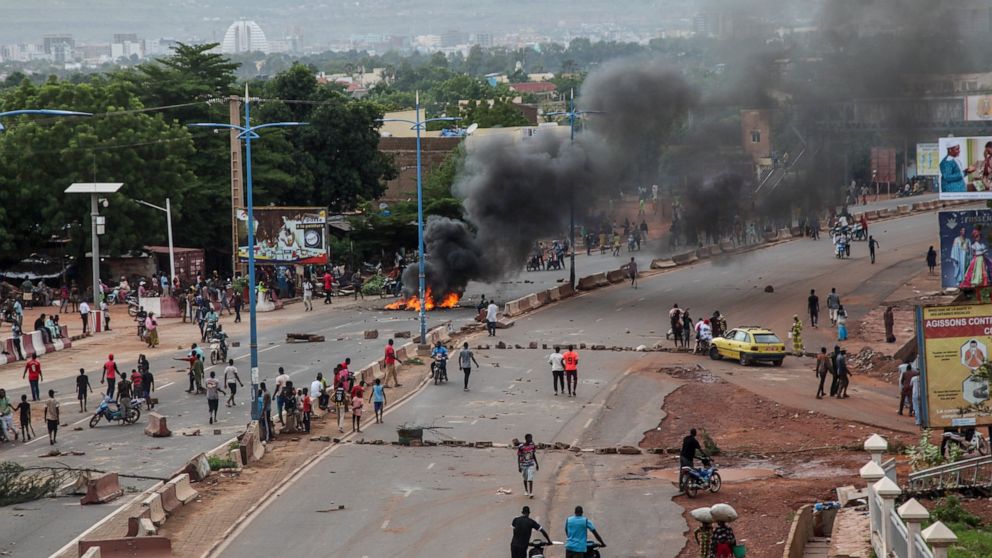
Police have fired tear gas in Mali’s capital as scattered groups came out for a second straight day of anti-government protests, defying the president’s latest call for dialogue
BAMAKO, Mali — Police fired tear gas Saturday in Mali’s capital as scattered groups came out for a second straight day of anti-government protests, defying the president’s latest call for dialogue.
The turnout was far smaller than the thousands who surged through the streets Friday, briefly occupying the state television station and setting fires.
At least one person was killed Friday, said Djime Kante, spokesman for the Gabriel Toure hospital in Bamako.
Tear gas wafted into the hospital on Saturday, and the wounded continued to arrive. “At this moment there are more than 40,” Kante said.
Friday’s developments marked a major escalation in the growing movement against President Ibrahim Boubacar Keita, who still has two years left in office in this West African country long destabilized by Islamic extremists.
His overnight address to the nation took a conciliatory gesture days after he had tried to appease the protesters by promising to revamp the constitutional court whose legislative election results in April have been disputed by several dozen candidates.
“I would like once again to reassure our people of my willingness to continue the dialogue and reiterate my readiness to take all measures in my power to calm the situation,” he said.
The anti-government movement still wants the National Assembly dissolved. Its name, the June 5 Movement, or M5, reflects the day demonstrators first took to the streets en masse.
While the group has officially backed down from its calls that Keita leave office, some protesters still want him gone.
Keita came to power after a French-led military operation to oust Islamic extremists from power in northern Mali’s towns in 2013, winning the first democratic elections organized after a military coup the year before.
Despite the presence of U.N. peacekeepers, and French and regional forces backing Malian troops, extremist groups continue to mount attacks.
Last year was particularly deadly as hundreds of soldiers were killed in the north, forcing the military at one point to close down some of its most remote and vulnerable outposts. It prompted criticism of how the government was handling the crisis.
The last democratically elected leader before Keita, President Amadou Toumani Toure, was overthrown in the 2012 coup after a decade in power. The political chaos that ensued has been blamed for creating a power vacuum that allowed the Islamic insurgency to take hold in the north. Following international pressure, that coup leader later handed over power to a civilian transitional government that organized elections.

